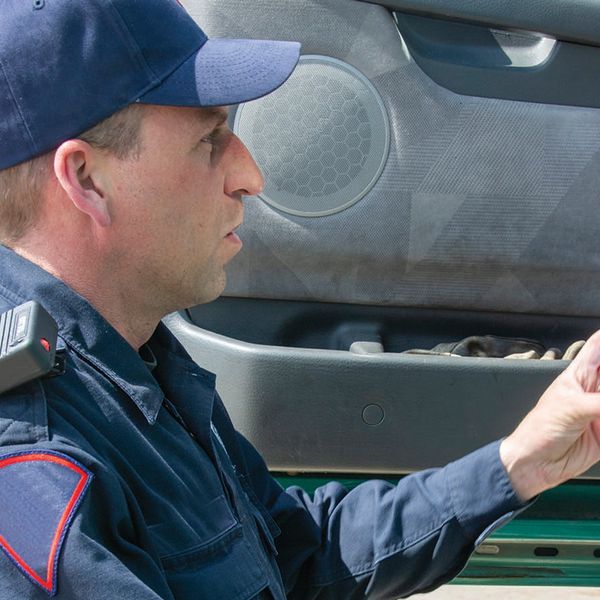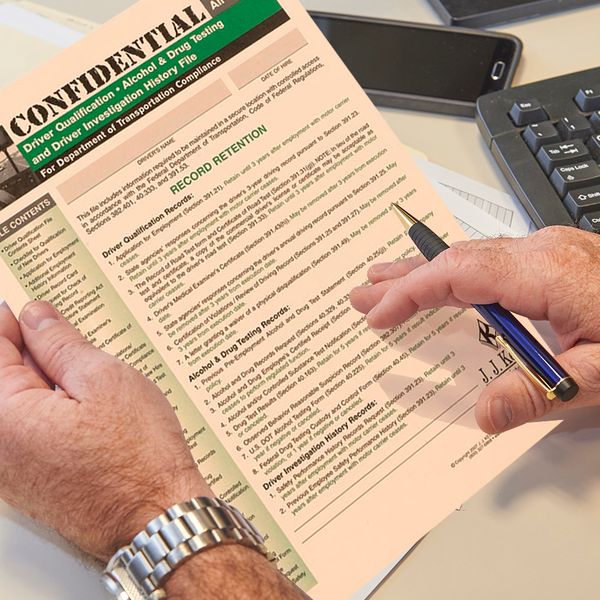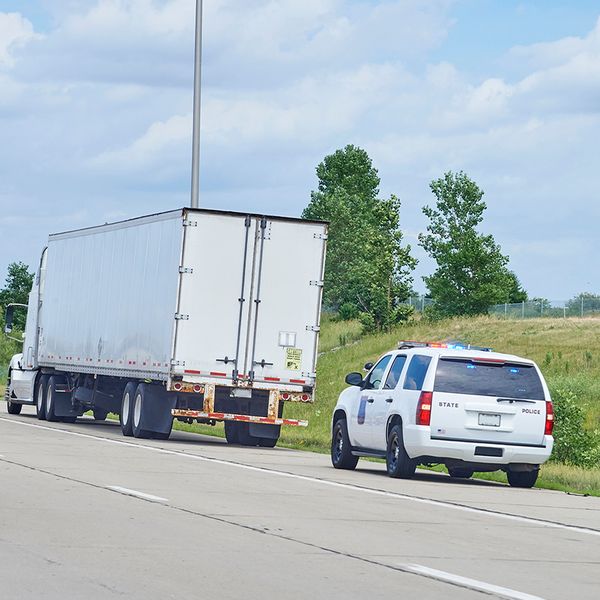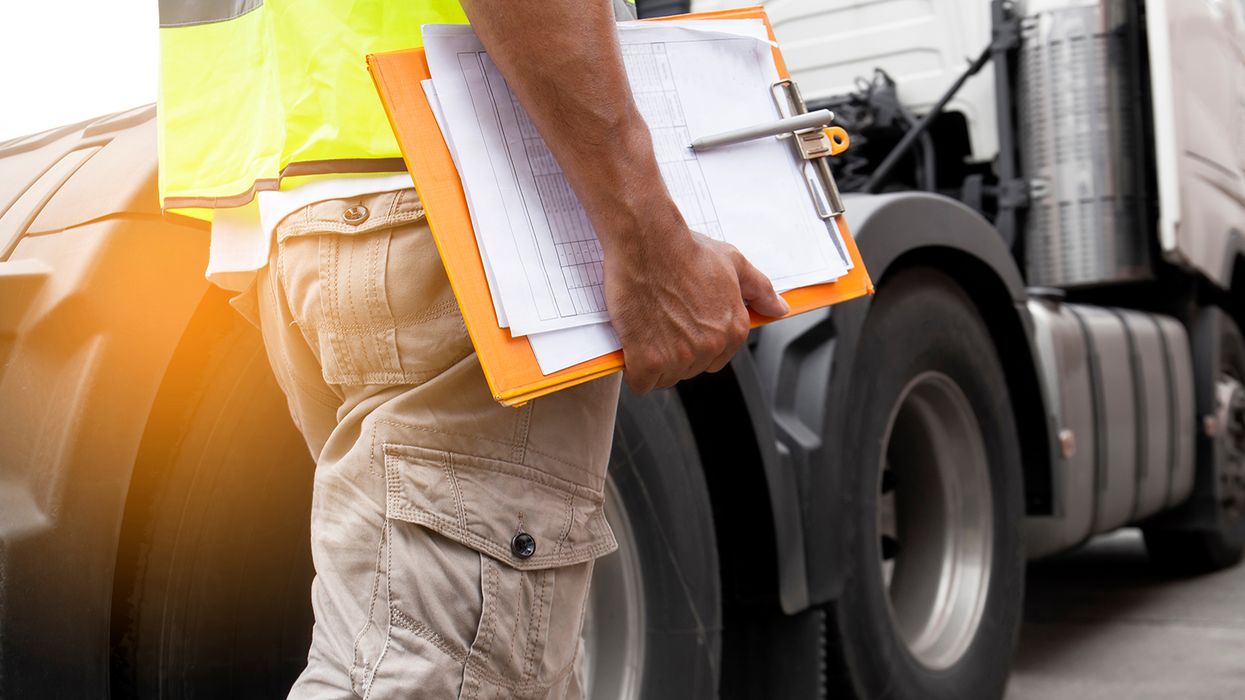Why should you check drivers’ licences frequently?
In Canada, motor carriers must ensure that drivers are legally eligible to drive the class of vehicle they are operating. It is your duty to check the validity and status of a driver’s licence at the point of recruitment and throughout employment, not to mention before authorizing that person to drive on behalf of the business. It is illegal to drive a vehicle on the road without a valid driver’s licence, and it’s up to you to ensure that drivers are legally eligible to drive the class of vehicle they will be operating.
But did you know that a visual inspection of the license or the annual driver abstract review may not be enough? A driver’s licence status can change at any moment and unknowingly to you. The facts are that recent roadside inspection statistics show that 1 in 10 drivers’ licences — an unbelievable 10 percent — are suspended at any given time in Canada. What can you do to help ensure you don’t put a driver with a suspended licence out on the road?
Regular employee driver’s licence checks are vital
Typically, driver’s licence checks should be carried out at least once a year for all drivers who hold a clean licence; however, several other factors should be considered when deciding to check licences more frequently. Drivers’ licences can become invalid/suspended for several reasons including:
- Nonpayment of family support orders,
- Unpaid fines,
- Licence changes from province to province,
- Failure to renew or update medical,
- Class downgrade, • Doctor’s orders, or
- Criminal code and impairment.
With these possibilities in mind, it is recommended that you check your fleet drivers’ licences more frequently to ensure that drivers have not picked up any points or penalties while working.
Creating your strategy
When compiling a licence-checking strategy, it’s important to ask yourself the following questions:
- Drivers — Which drivers present the highest risk?
- Experience — How many years have they been driving, or what type of experience do they have (tanker, flatbed, small vehicle, etc.)?
- Accident rate — Have they had many road accidents? If yes, are there any emerging patterns?
- Training — What training has each driver received, if any? Do they need additional training?
- Mileage — Does the driver drive on long or short-haul journeys?
- Licence history — Have you flagged any other issues with the driver’s licence history?
This list is not exhaustive, but it is a start to help you determine what factors to consider when considering how often to check your drivers’ licences.
Once complete, driver scores can be used to select ‘high-risk’ drivers, in turn placing them onto appropriate courses or initiating disciplinary procedures for those who don’t show improvement.
You might find that when taking into consideration all the above factors, you may need to check certain licences as frequently as once a month, to be allocated to potential high-risk drivers.
There are data protection laws — respect them
There’s an important word of caution on checking drivers’ licences. It’s imperative that you receive informed consent from the driver in question before accessing their licence information, and — equally so — that you record this consent. Failure to ask permission may result in a hefty fine, and failure to record consent could lead to a lack of defence if a driver is to later report their employer.
The only real way to do this is to have a robust and documented procedure for driver’s licence checks. This legal obligation also extends to people you contract. If checks are not carried out correctly, then you could directly employ somebody who is not legally entitled to drive. The penalties for doing so can be significant.
The key is protecting your business
By conducting driver’s licence checks, companies can protect themselves and their drivers from several business and life-changing consequences. Should your drivers not be licenced for the correct class, then they will not only be driving illegally but they could also invalidate any claims that occur under your insurance policy. Insurers may consider cancelling the fleet insurance policy. Be sure to protect your drivers’ personal data, but also ensure you’re not putting your carrier at risk.
Key to remember: Carrying out regular driver checks is crucial and can shape a company’s risk strategy, in turn, a robust system can ensure due diligence and a better safety culture.
























































